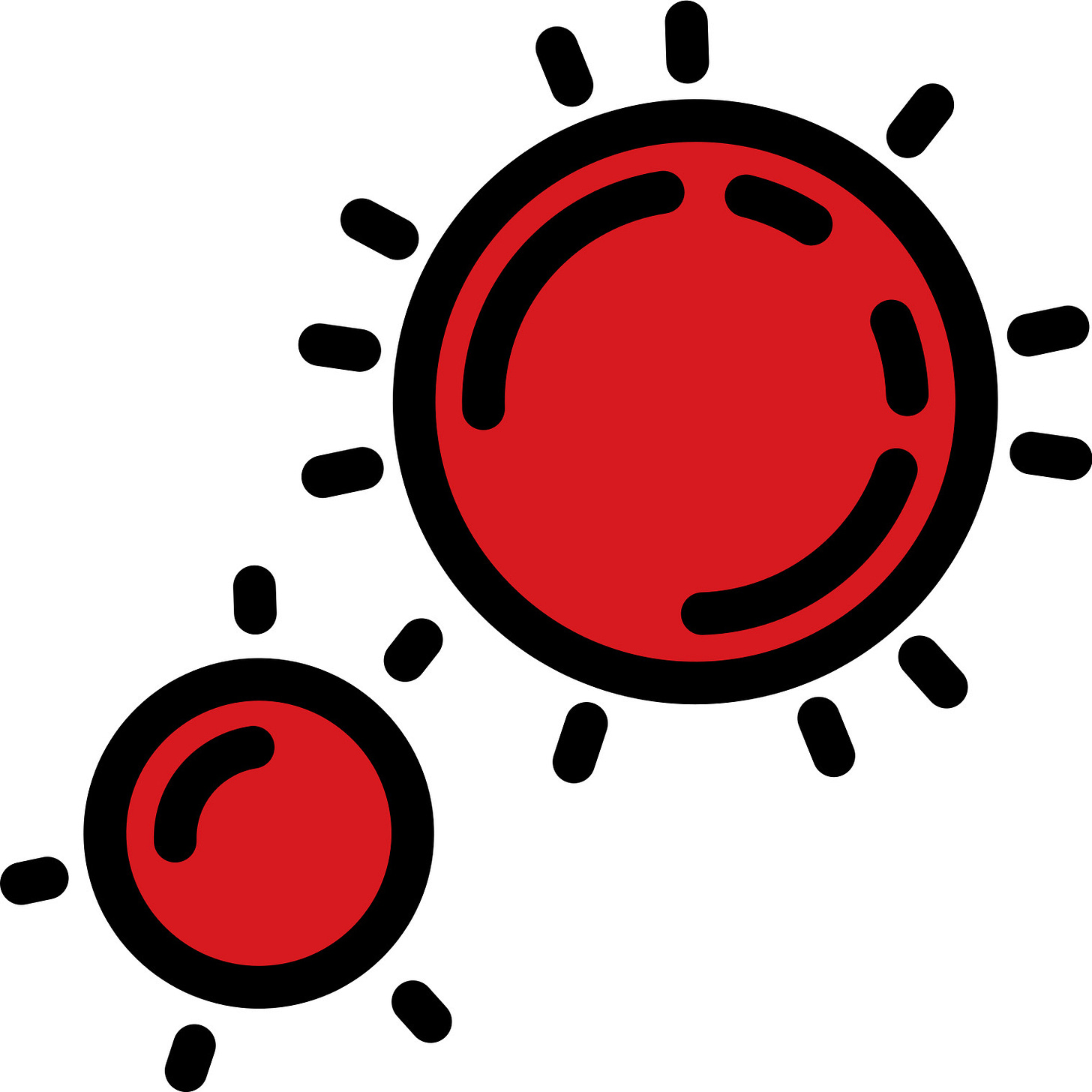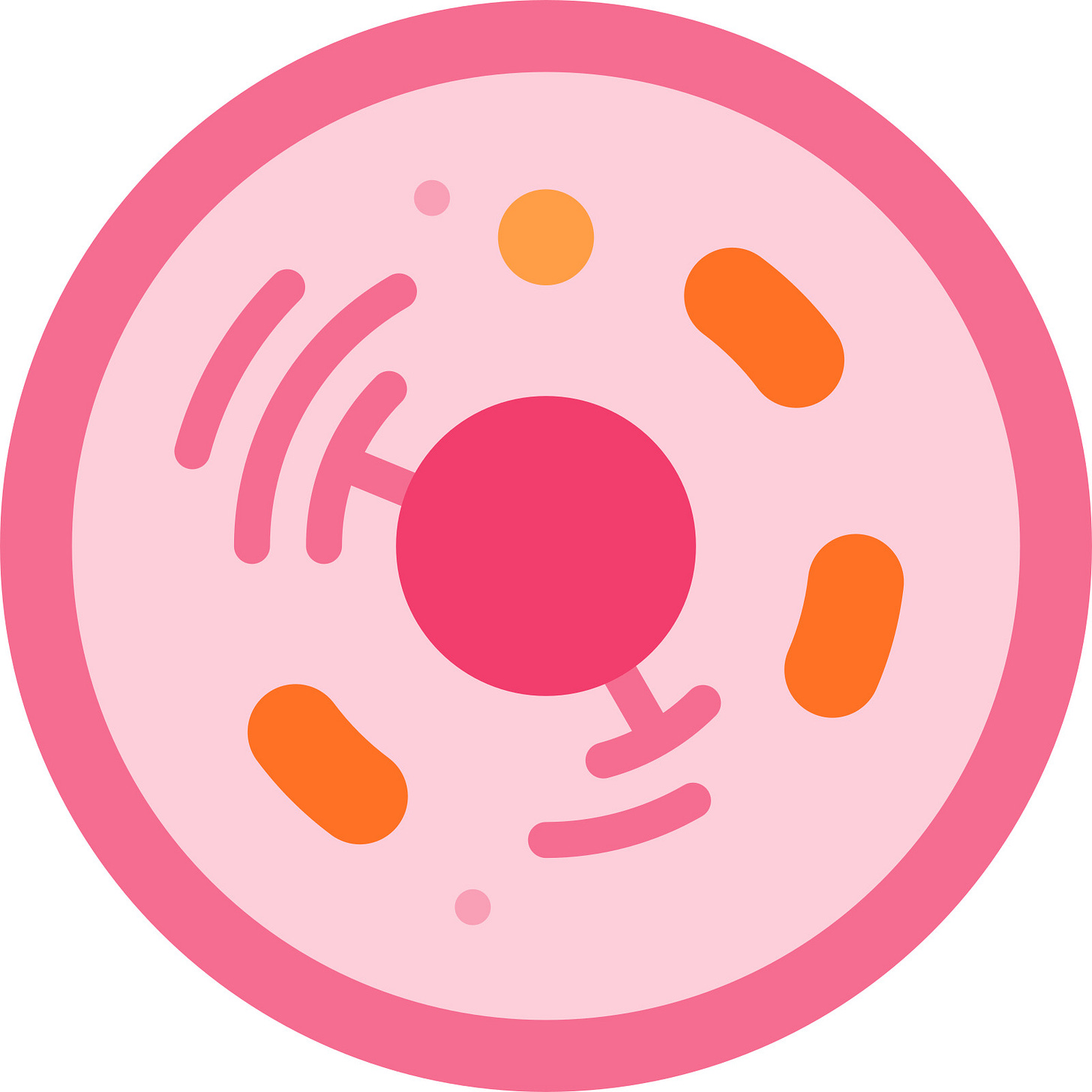Berkeley Loses CRISPR Case
Plus: $17M raised for desktop bioreactors and Novo Nordisk experiments with semi-random grants.
It is possible to fly without motors, but not without knowledge and skill.
— Wilbur Wright
Good morning. The U.S. Patent Trial and Appeal Board ruled against UC Berkeley on Monday, invalidating some CRISPR-based human therapy patents that had been awarded to Intellia and CRISPR Therapeutics. Both companies still have dozens of patents issued in different countries, though, and so this may not be the “final blow” that many on Twitter, and in the news, are suggesting.
This legal case stretches back to 2012. Doudna told STAT, in an email, that Berkeley will appeal the decision. On Monday afternoon, Editas issued a press release about the “favorable decision,” writing that the U.S. patent office:
has clearly determined that CVC [University of California, University of Vienna and Charpentier] was not the first to invent using CRISPR/Cas9 in eukaryotic cells, including human cells, and that CVC is not entitled to patent claims directed to that subject matter. The patents at issue in the current interference are owned by Broad and exclusively licensed to Editas Medicine for the development of medicines for people living with serious diseases.
Read more at STAT.
Read more at Fierce Biotech.
Lasting Effects
Intellia Therapeutics, on Monday, released highly-anticipated data on a phase 1 trial to treat transthyretin amyloidosis, a progressive condition in which amyloid proteins build up in the nervous system and slowly cause loss of touch, sound and pain.
The therapy, called NTLA-2001, is a CRISPR-Cas9 therapy delivered to the liver via lipid nanoparticles. It reduces transthyretin in blood serum for at least 12 months post-treatment. Higher doses reduce transthyretin levels further yet, without adverse effects.
Read more at Fierce Biotech.
Protecting CRISPR Children
Two academics — Qiu Renzong and Lei Ruipeng —are urging the Chinese government to set up a research center specifically to protect children born with deliberately edited genomes.
He Jiankui altered the genomes of children and reported his results in 2018, during a shocking speech at the International Summit on Human Genome Editing. Jiankui’s release from prison is “possibly imminent,” according to Nature.
Despite Renzong and Ruipeng’s pleas, “it is difficult for scientists to know what recommendations to make because there is almost no information about the children’s current condition, and the circumstances of their conception,” Joy Zhang, a sociologist at the University of Kent, told Nature.
Read more at Nature.
Second CAR-T for Multiple Myeloma
The FDA has approved a second CAR-T therapy to treat multiple myeloma. The therapy is specifically for people “who have already tried four or more therapies,” according to Medscape.
Developed by Janssen and Legend Biotech, the therapy will be marketed as Carvykti. Nearly 100 patients with multiple myeloma were treated with the therapy, 98 percent of whom responded to treatment. For many patients — nearly 80 percent — there was no detectable cancer after the treatment. Still, side effects were severe; many patients had hypotension, fatigue, encephalopathy, infections, dizziness.
Read more at Medscape.
Briefly Noted
Argentina-based Stämm Biotech raised a $17M Series A. The company is “developing a desktop-sized bioreactor” that uses microfluidics to precisely feed cells with oxygen and nutrients. Tech Crunch.
Canada’s national health agency approved Medicago’s vaccine for adults aged 18-64. The vaccine is manufactured in plant cells, a first for approved COVID vaccines. The Scientist.
The Novo Nordisk Foundation will allocate about 10 percent of its grant funds, over the next three years, based on “a combination of committee selection and a lottery system,” thus randomizing part of the decision process. The goal is to make grant awards more equitable. The Scientist.
A company, called Betterland, is first-to-market for milk made with animal-free dairy proteins. Unlike oat and soy, the milk “is designed to froth exactly like standard milk.” Fast Company.
Biomason, a company that manufactures cement using engineered microbes, raised $65 million in a Series C. Cement production currently accounts for 8 percent of global carbon emissions. Biomason (Press Release).
More soon,
— Niko


